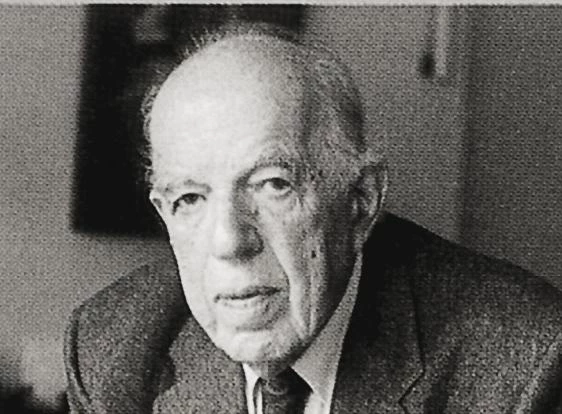
(1902-2001)
His intellectual sharpness and prodigious memory intact at 92, the architectural historian Ernst Gombrich passed away in London, his adopted city. Born in 1909 in Vienna, he finished university there and emigrated in 1936 to the British capital, where he joined as a researcher the Warburg Institute, to which he remained linked for the rest of his life and which he directed until he retired in 1976. A World War II BBC correspondent, his theoretical works – pioneers in the application of the psychology of perception to art studies – earned him, among others, the Hegel, Goethe, and Erasmus awards. Author of History of Art (1950), Art and Illusion: A Study in the Psychology of Pictorial Representation (1960), and The Image and the Eye (1982), Gombrich was a professor in the University of London and taught also at Harvard, Cambridge and Oxford. The book that kept him busy until the end of his days was published shortly after his death: The Preference for the Primitive: Episodes in the History of Western Taste and Art, it explores the penchant for the primitive world that has been ever recurring since the times of Cicero.





